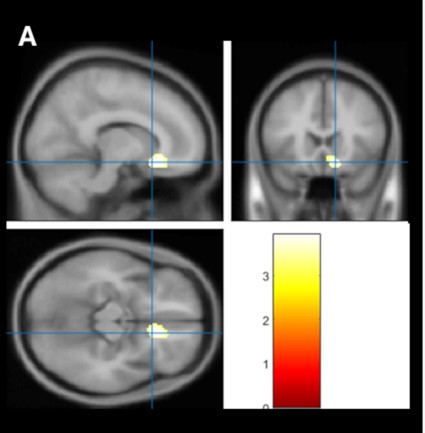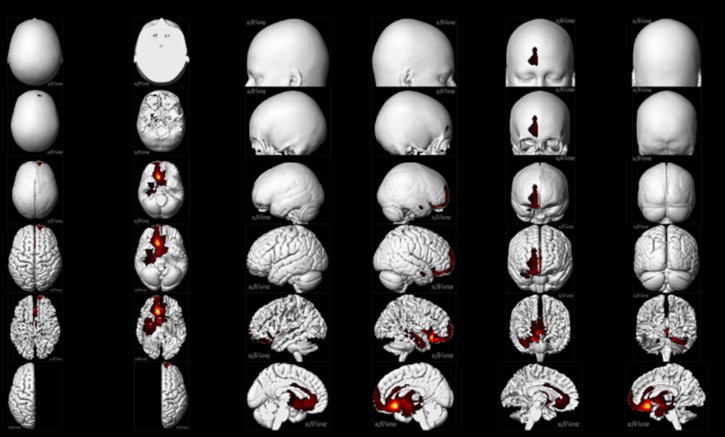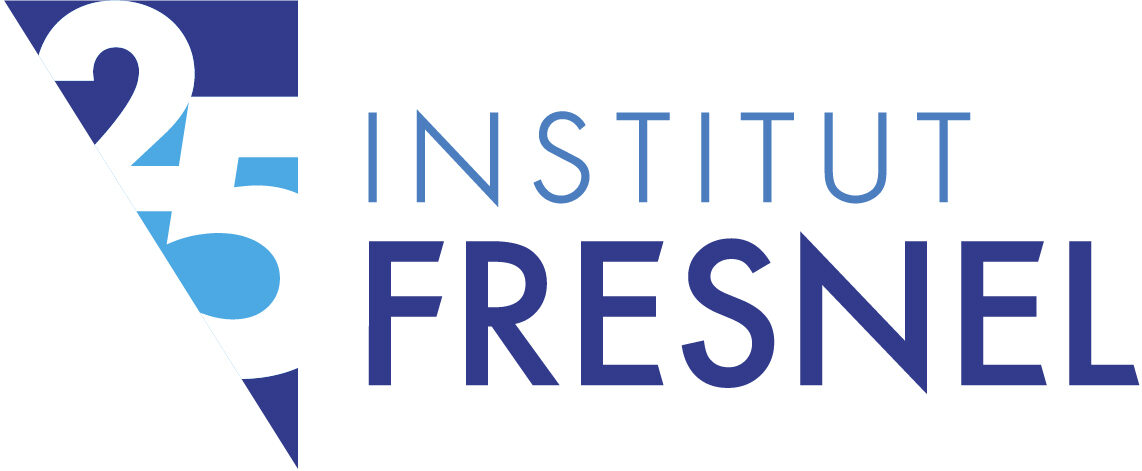
Read our New Article in Frontiers in Nuclear Medicine !
The COVID-19 pandemic has profoundly affected mental health, with the lockdown period particularly exacerbating negative emotions such as fear, sadness, and uncertainty. This study examines brain metabolic changes associated with the psychological context of the French COVID-19 lockdown in vulnerable subjects. As a proxy measure of this psychological context, we utilized a composite negative-emotion score from an open-source X/Twitter dataset (“The First French COVID-19 Lockdown Twitter Dataset”), previously designed to capture the overall public sentiment during the 55-day lockdown. Using statistical parametric mapping (SPM), this composite negative-emotion score was day-by-day correlated to the whole-brain voxel-based [18F]FDG PET imaging in 95 patients with neurological conditions (p-voxel < 0.001, k > 108). Results showed a significant negative correlation between daily negative-emotion scores and metabolism in the right ventromedial prefrontal cortex (vmPFC) and anterior cingulate cortex (ACC), key regions within the brain fear circuit. Inter-regional correlation analysis (IRCA) of metabolic connectivity from the right vmPFC/ACC subsequently revealed a right limbic-dominant network encompassing the amygdala, hippocampus, thalamus, and basal ganglia. These findings highlight the sensitivity of the right vmPFC/ACC to societal emotional stressors, suggesting a potential cerebral substrate for the increase in psychological and psychiatric disorders observed during the pandemic. Future research is required to validate these results in broader populations and explore their longitudinal implications to better understand the neurological and psychiatric impacts of collective stress.
Reference : Emotional Stress During the COVID-19 Lockdown: How Negative X/Twitter Posts Correlated with Changes in the Brain’s Fear Network, Eric GUEDJ, Jacques-Yves CAMPION, Tatiana HOROWITZ, Fanny BARTHELEMY, Stéphanie KHALFA, Wissam EL-HAGE in Frontiers in Nuclear Medicine, 10 June 2025, Sec. PET and SPECT Volume 5 – 2025
DOI : https://doi.org/10.3389/fnume.2025.1575026
Collaboration : Aix-Marseille Université (amU), AP-HM, Université de Tours, CHRU de Tours, CNRS, Inserm
Contact : Prof. Eric GUEDJ – Institut Fresnel, Equipe IMoTheP & Centre Européen de Recherche en Imagerie Médicale (CERIMED)

French Press Release :

